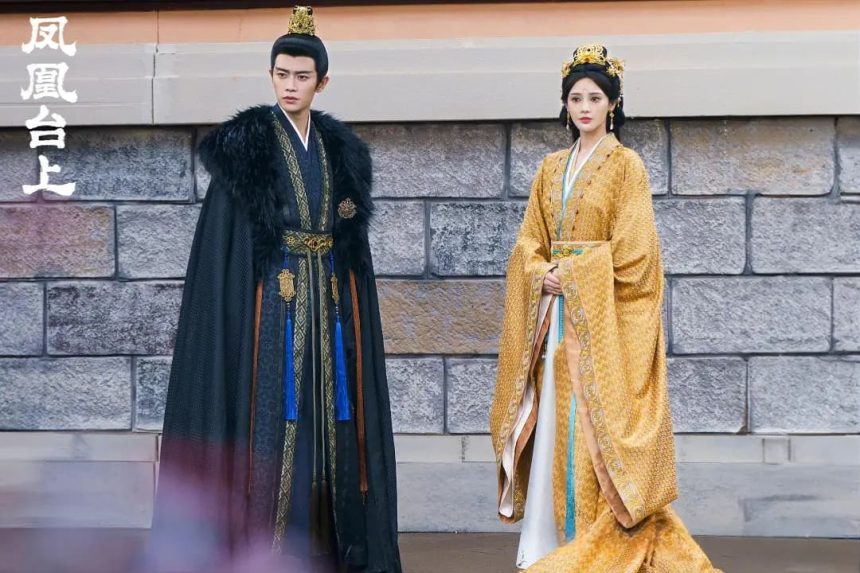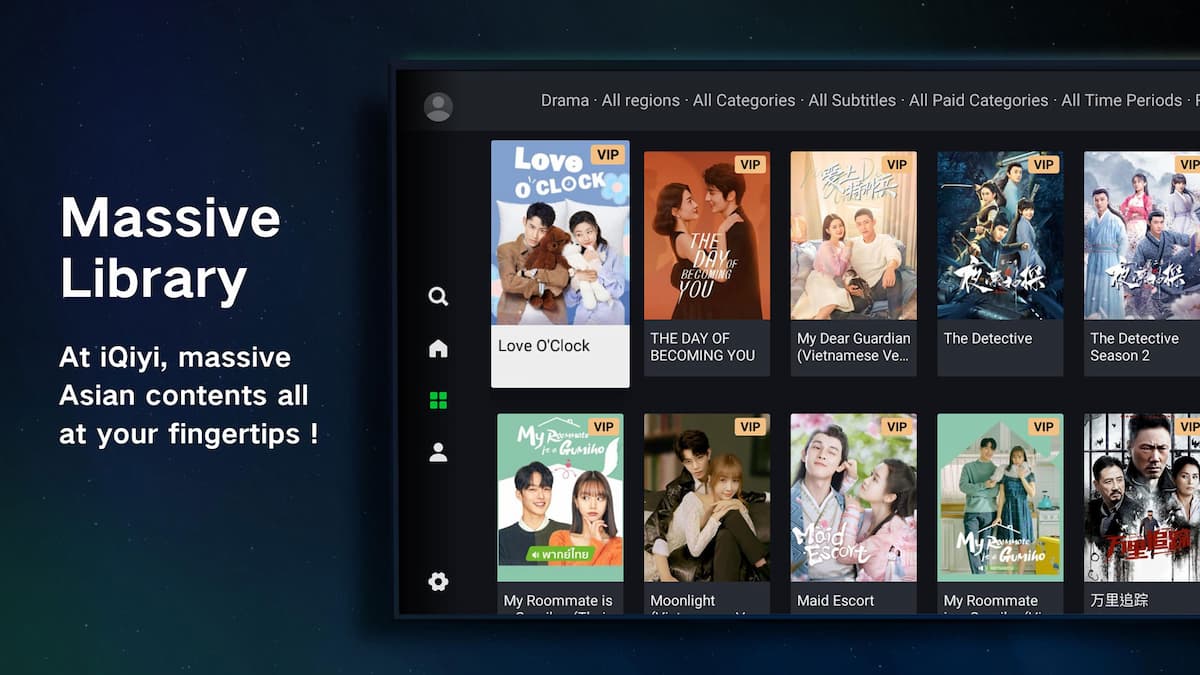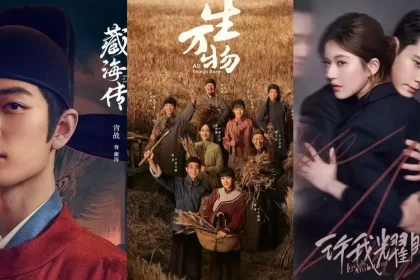Behind this controversy, questions have arisen about whether the debate was deliberately leveraged as a promotional strategy to gain attention. Intriguingly, both parties involved in the dispute—the author and the actor—are not the ones in control of the story’s changes.
The phenomenon of “magic alteration”—drastic changes in IP (intellectual property) adaptation—has become a chronic issue in the entertainment industry. For example: the adaptation of Priest’s novel You Fei into the drama Legend of Fei, where the wuxia spirit was sacrificed for sweet romance scenes, resulting in blurred character development and decreased story quality.
A similar case occurred with Mao Ni’s Fighter of Destiny, which explored themes of life and death in the novel, but the drama version focused heavily on romance, resulting in a low Douban score of just 4.3. There was also the adaptation of Battle Through the Heavens, where the grand fantasy world was changed into an energy battle sequence far removed from the original, turning it into a running joke online.
The impact of these changes affects not only the revenue of the drama production parties but also the value of the original author’s IP. Some authors attempt to seek accountability but often face difficulties because they have signed “full adaptation rights” contracts or because the limits of legitimate changes are hard to define.
What distinguishes the Love and Crown case is that the author targeted the actor with his dissatisfaction, while the actor’s response highlighted a fundamental problem: the lack of clear responsibility and rights in the creative process.




















